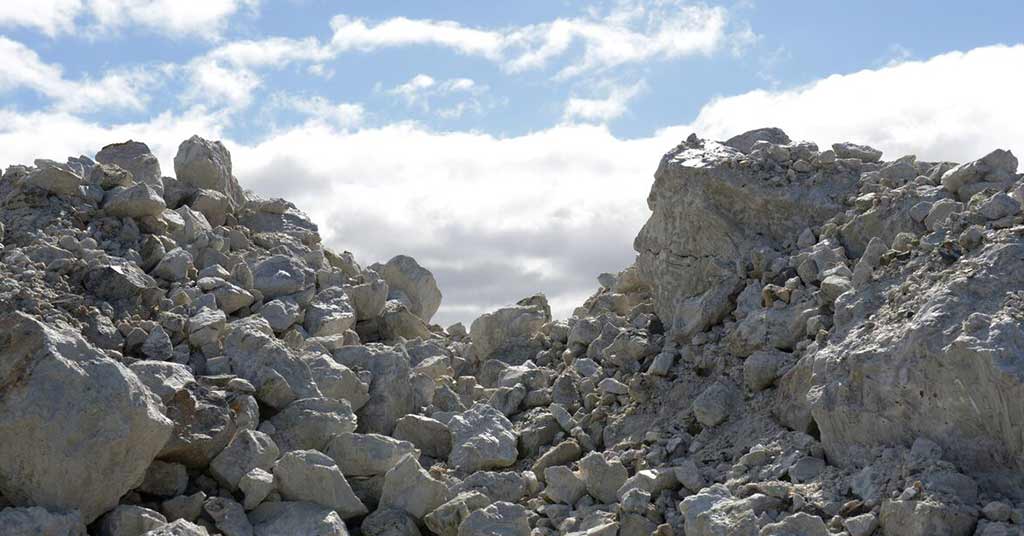Welcome To ChemAnalyst

China: Ottawa's decision in November to prevent three Chinese companies from acquiring shares in Canada's Lithium sector owing to national security concerns shocked the mining industry. Since that time, Chinese miners have rarely made investments in Canadian firms that control sites with highly sought-after minerals like Lithium, Copper, or Nickel that are required for the energy transition away from fossil fuels.
Furthermore, China, which dominates the production of essential minerals, has been replaced by friendly nations in Canada, the United States, and other Western countries' supply chains.
However, a single Chinese-owned mine in Manitoba, which was the only producer of Lithium in Canada up until last year, continues to produce a concentration of the metal required to create batteries for electric vehicle batteries.
Since 2019, Sinomine Resource Group Co. Ltd., a Chinese public business, has acquired the Tantalum Mining Corp. of Canada Ltd., or Tanco mine, which is situated about 160 kilometres northeast of Winnipeg. Since December 2021, Lithium has been produced by it.
The order from the federal government did not specifically mention Sinomine's ownership of Tanco, but it did demand that it sell its stock in Vancouver-based Power Metals Corp. Champagne acknowledged that the order came as a "bit of a surprise," but added that it wasn't "too detrimental" to Sinomine's efforts to expand its North American operations.
Regardless of the political developments, Sinomine is ultimately a publicly traded company, and from perspective want to be accountable and a decent corporate citizen everywhere.
The Investment Canada Act, the statute that controls foreign investment in country, contains specific provisions that explain why the federal government targeted Sinomine's investment in Power Metals but not its control of Tanco.
Ottawa upped the bar for foreign corporations to invest in Canada's crucial minerals sector at the end of October 2022 by announcing that such investments would trigger extensive government reviews on the basis that they would be harmful to national security.
A week later, the federal government decided to order three Chinese corporations to stop operating three Canadian Lithium mines, according to the industry minister of Canada. This decision was made after a "multi-step national security review process." At the time, the action was criticised by China's foreign ministry, whose spokeswoman claimed it violated the principles of a market economy and global trade laws.
Ottawa has the option to reject these investments made by the Chinese corporations because Ottawa's approval of them had not been finalised. Champagne noted that Sinomine's acquisition of Tanco from Cabot Corp. took place in 2019, which is why the business wasn't very concerned about the transaction.
Since the investment was timed, there weren't any worries from Tanco's perspective. Three years had passed since Tanco's ownership changed.
At a news conference in March, Francois-Philippe Champagne, Canada's minister of industry, was questioned about the possibility of nationalising the Tanco mine. He cited the restrictions of the Investment Canada Act but added that he hoped to update the law to give the minister more power considering upcoming deals.
Tanco's Champagne said that he comprehends the concerns of the federal government but noted that the company's major objective is to grow locally and supply Canada with the Lithium it would require in the future.
Simply want to make sure maintaining in touch with the government at all levels so can better inform them of goals and strategies and demonstrate to them dedication to keeping this business regional and expanding in the area.
Tanco expects to produce 30,000 tonnes of Lithium year, whereas the only other project in Canada producing the metal, North American Lithium, wants to extract 226,000 tonnes of Lithium annually. The business began commercial production in March and is controlled by two Australian firms.
However, Tanco plans to grow and start producing roughly 100,000 tonnes of Lithium a year soon.
Champagne hopes that Tanco will be able to complete the conversion in Manitoba through a Lithium chemical plant the miner plans to construct in the area within three years. At present, Tanco exports its lithium to a sister company located in China, which processes the concentrate into an EV battery material.
Battery-grade items are required by the market in this region, and we can already see that shift taking place. Purpose and plan are to continue developing the local economy.
Champagne continued by saying that compared to some other miners, Sinomine would find it simpler to establish and maintain such a facility because it already has the expertise and know-how to manage these types of chemical plants in other parts of the world.
Lithium discovery and development create a sizable economic opportunity for Manitoba, according to a representative for the province's commerce ministry, but they must be done in a way that respects Canadian national security interests.
We use cookies to deliver the best possible experience on our website. To learn more, visit our Privacy Policy. By continuing to use this site or by closing this box, you consent to our use of cookies. More info.
